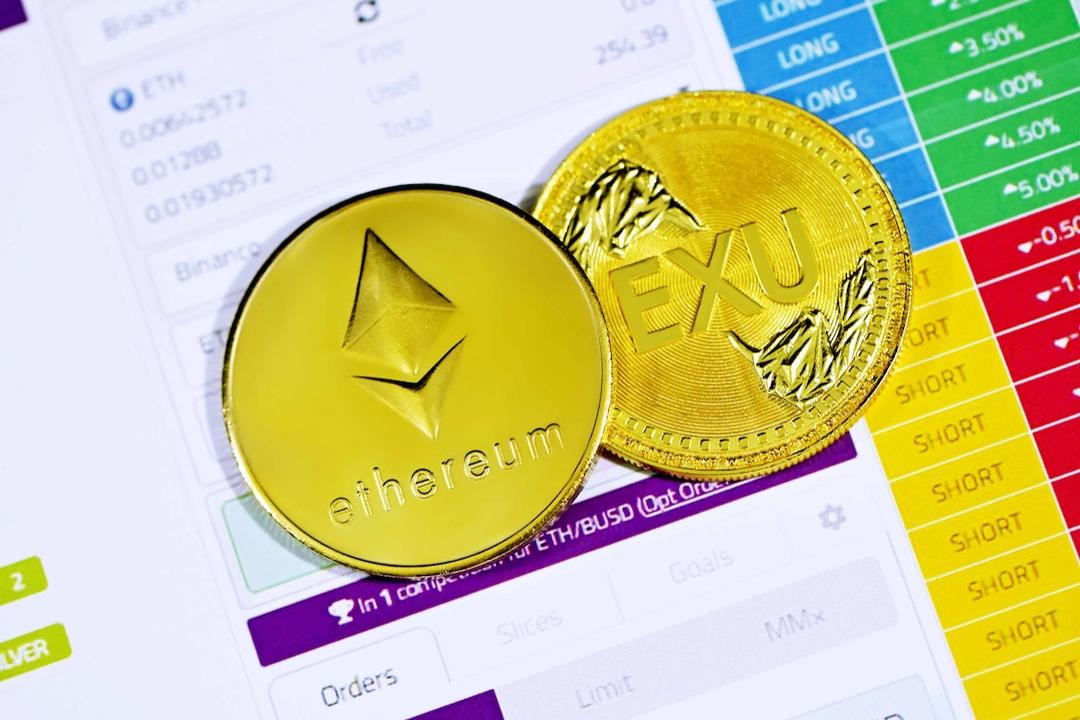Polymarket spokespersons have reportedly identified the individual responsible for $28 million worth of pro-Trump trading positions on their platform. The unnamed French citizen, who has a seasoned background in finance and trading, was apparently using four different accounts: Fredi9999, Theo4, PrincessCaro, and Michie. The company claims that their investigation found no evidence of market manipulation, as the trader intentionally spread their bets across smaller positions to avoid causing erratic market movements.
Polymarket reached out to the individual in question, who stated that their positions were based on personal sentiment regarding the outcome of the 2024 United States presidential election. The company insists that the election odds on their platform are consistent with those on other competing platforms.
Interestingly, other prediction markets have also shown similar results. In October, Polymarket’s betting odds for the presidential election heavily favored former President Donald Trump, which raised concerns of market manipulation. In response, Polymarket conducted an investigation to identify potential US users on their platform. However, Tarek Mansour, the founder of Kalshi, argued that the Polymarket odds were organic and reflected true market sentiment. Mansour presented data from Kalshi, an “American-only” platform, that supported Polymarket’s election odds, showing Trump with a significant lead over Vice President Harris.
Polymarket’s data revealed a sharp rise in the former president’s odds in early October, following several months of close betting spreads between the two candidates. Initially, Vice President Harris had a substantial lead over Trump, but this began to diminish in late August and early September, resulting in a neck-and-neck race between the two candidates.
Critics of Polymarket and similar services argue that these platforms are less accurate than polls, claiming that traders make speculative bets without strong evidence. However, supporters of prediction markets contend that they serve as a public good and offer a more accurate indicator of election sentiment than polls, thanks to the monetary incentives involved.


